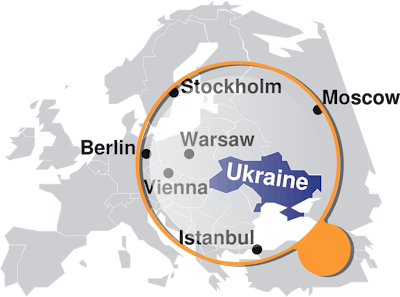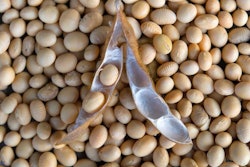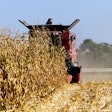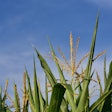
Over the weekend, several more central European countries have decided to ban the transit of Ukrainian grain to protect their local agriculture markets from an influx of supply, Reuters reports.
While Poland and Hungary announced bans on some imports from Ukraine on Saturday, Slovakia said on Monday it would do the same. Bulgaria's agriculture minister also said the country could limit imports, reports the Bulgarian News Agency.
Ukraine aims to reopen food and grain transit via Poland as "a first step" to ending import bans at talks in Warsaw on Monday.
Low-price Ukrainian grain has been flooding the EU market since the beginning of the Russian invasion into that country. In a letter to the European Commission in late March, several central European countries called for measures to limit market distortions caused by the influx of Ukrainian imports. The letter said if these measures were not successful, tariffs and tariff quotas should be reintroduced.
The European Commission decided to extend duty-free imports for Ukrainian grain until June 2024, causing Polish Agriculture Minister Henryk Kowalczyk to resign.
On April 10, a Polish-Ukrainian grain agreement was created to allow Ukrainian grain to transit through Poland to third countries at least until June 30. The agreement went into affect April 15.
Poland's Agriculture Minister Robert Telus was quoted on Sunday saying the ban was necessary to "open the eyes of the EU to the fact that further decisions are needed that will allow products from Ukraine to go deep into Europe, and not stay in Poland."
European Commission says action 'not acceptable'
On April 16, European Union (EU) member states said unilateral action on trade is unacceptable after Poland and Hungary announced the grain bans from Ukraine.
In an emailed statement to Reuters, the European Commission said "it is important to underline that trade policy is of EU exclusive competence and, therefore, unilateral actions are not acceptable. In such challenging times, it is crucial to coordinate and align all decisions within the EU."
Adding to the list of challenges in the region, Russia has said there would be no extension of the UN-brokered Black Sea grain deal beyond May 18 unless the West removed a series of obstacles to the export of Russian grain and fertilizer.
Related reading
Poland suspends grain imports from Ukraine


















